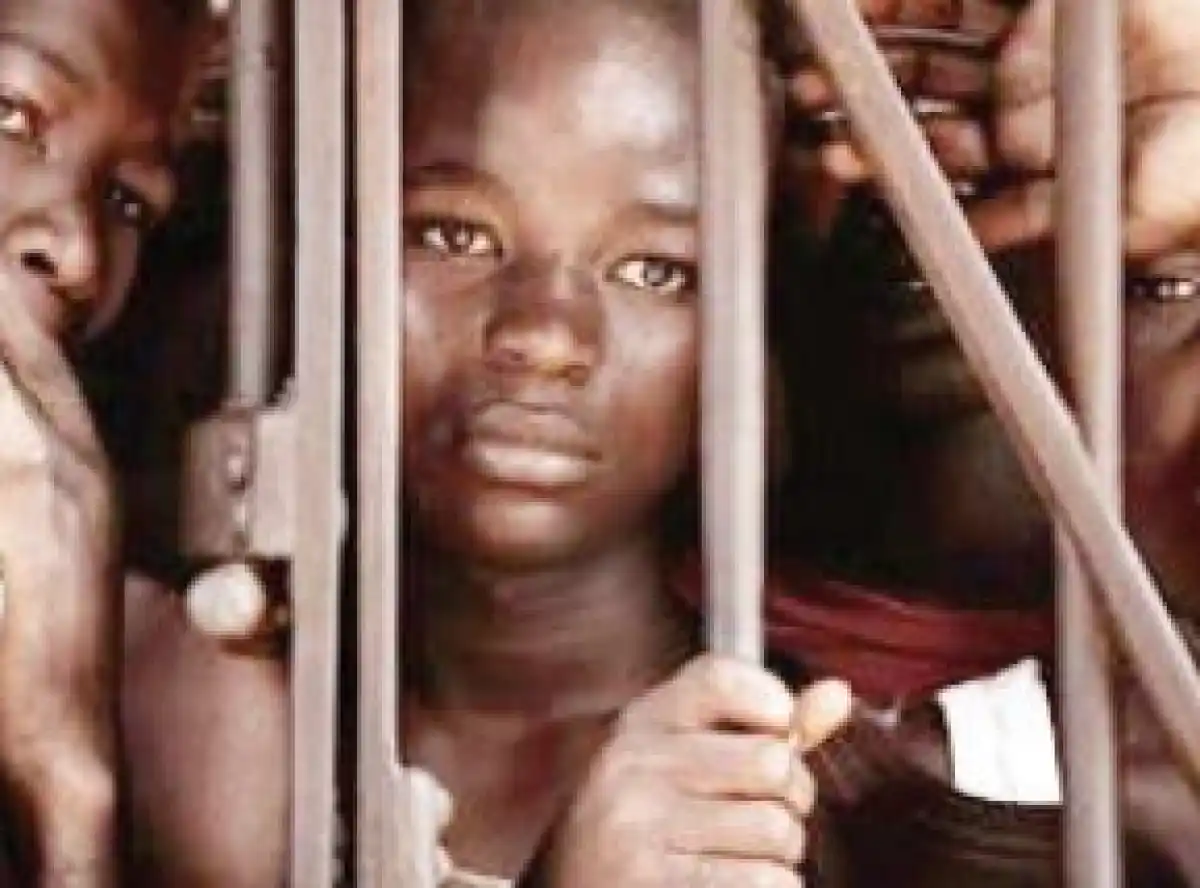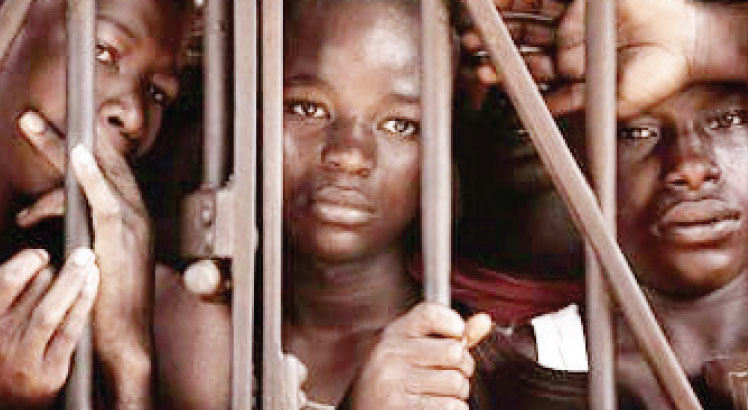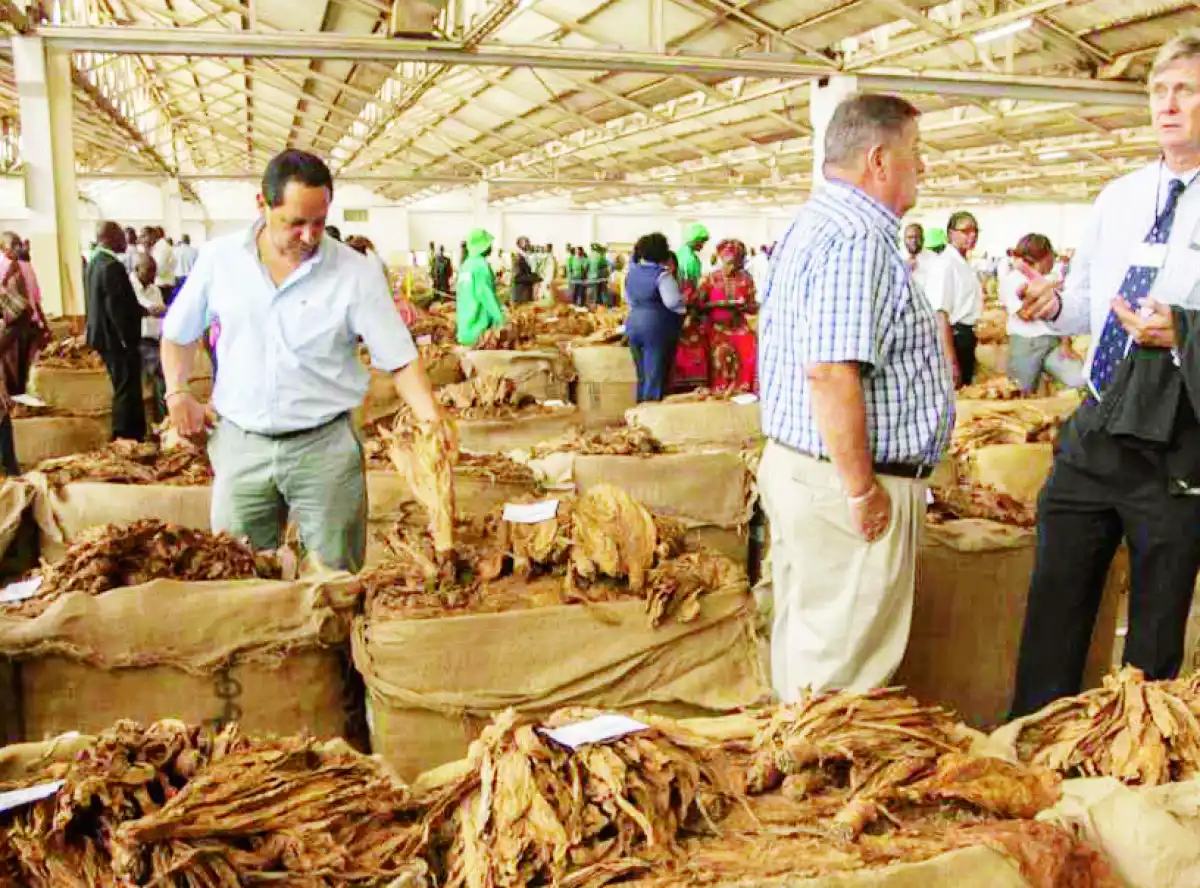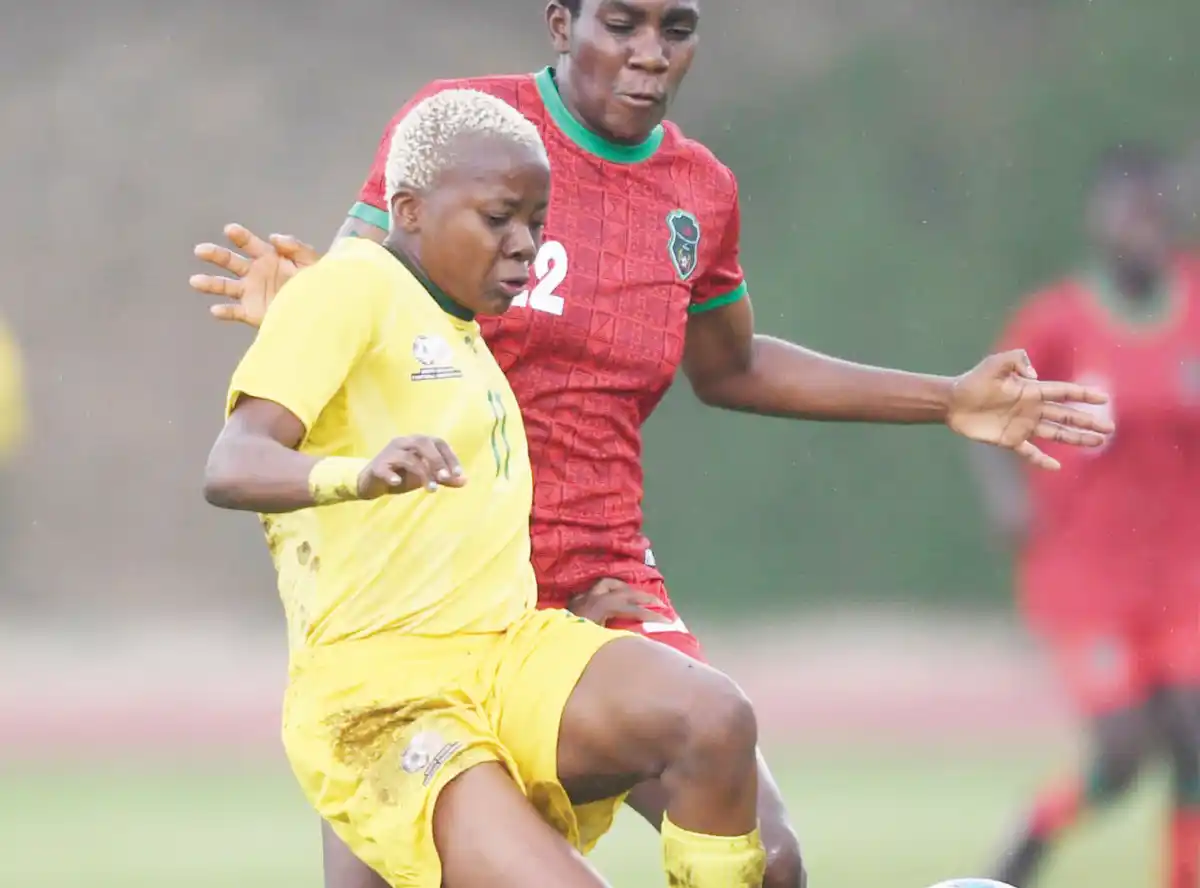
Although the Constitution of Malawi provides for the protection of all children including migrant children, the continuous detention of these migrant minors has become a cause of concern which requires attention from authorities and policy makers.
Detaining migrant children is not only illegal and unconstitutional, but it is against the tenor and spirit of the International Convention on the Rights of Children (CRC), to which Malawi is a state party.
In 2023, Africa News reported that over 100 children were arrested when more than 400 refugees and asylum seekers were rounded up in Lilongwe during the encampment policy blitz.
Migrant children continue to face detention and they are treated as criminals despite the fact that there are no legal provisions in the Malawi statute book for a child to be detained in prison for immigration purposes.

Centre for Human Rights Education, Advice and Assistance (Chreaa) executive director Victor Mhango said the continuous trend of detaining immigrant children is a violation of the law which requires urgent intervention.
‘Government should establish child friendly reception centres for migrant children which prioritise their safety and well-being. This position is in consideration of the state of the country’s detention centres, which are not child friendly, let alone for adults.
“There is therefore a need to prioritise reuniting children with their families as opposed to detaining them since that is not in line with protecting the best interests of the children,” said Mhango.
Southern Africa Litigation Centre (Salc) executive director Anneke Meerkotter said the detention of migrant children is against the United Nations International Working Group on Arbitrary Detention which prohibits the detention of unaccompanied minors.
‘The detention of immigrant children does not comply with these provisions. In order to provide adequate support to child migrants, appropriate screening must be put in place to ensure that child migrants are identified and removed from adult detention facilities’ she said.
Meerkotter said unaccompanied minors are more vulnerable and they need safety and proper treatment.
‘Where a child is in need of care and protection, a police officer, social welfare officer, a chief or any member of the community can either take the child into their own temporary custody or to a place of safety.
“If the child is taken to a place of safety, then within 48 hours, the child must be brought before a Child Justice Court or a Magistrate’s Court for a determination of whether they are in need of care or protection,” she said.
The law provides that all migrant children in the jurisdiction of Malawi should, therefore, enjoy the protections under the Act unless explicitly excluded by the Act.
Malawi human rights lawyer Chikondi Chijozi said immigration officials should make sure that those migrants who appear to be under the age of 18 years are treated as children.
‘Immigration Officials who are presented with young immigrants should treat them as children until an age determination process has taken place in terms of the Child Care, Protection and Justice Act.
“Age determination can be conducted by other means under the Act if the migrant is undocumented, such as a medical examination or statement from the potential child,” said Chijozi.
The Constitution of Malawi provides that imprisonment is the last resort especially to children, persons under the age of 18.
The CRC, which Malawi ratified, requires that children charged with criminal offences have a right not to be separated from their parents, and have the right to maintain contact with their families.
Therefore, Malawi has an international obligation to protect the rights of migrant children.
Section 140 of the Child Care, Protection and Justice Act states that no child shall be imprisoned for any offence. Only for the commission of select offences listed in the Act’s Sixth Schedule may children be detained in reformatory centres as ordered by a court. However, no immigration offences are listed in the Sixth Schedule.
The law further provides that where there is no lawful court order to transfer a child to a reformatory centre for detention, those centres are not lawful places of detention for children.
*Zororai Nkomo, Journalist, Lawyer and Social Justice Advocate








0 Comments